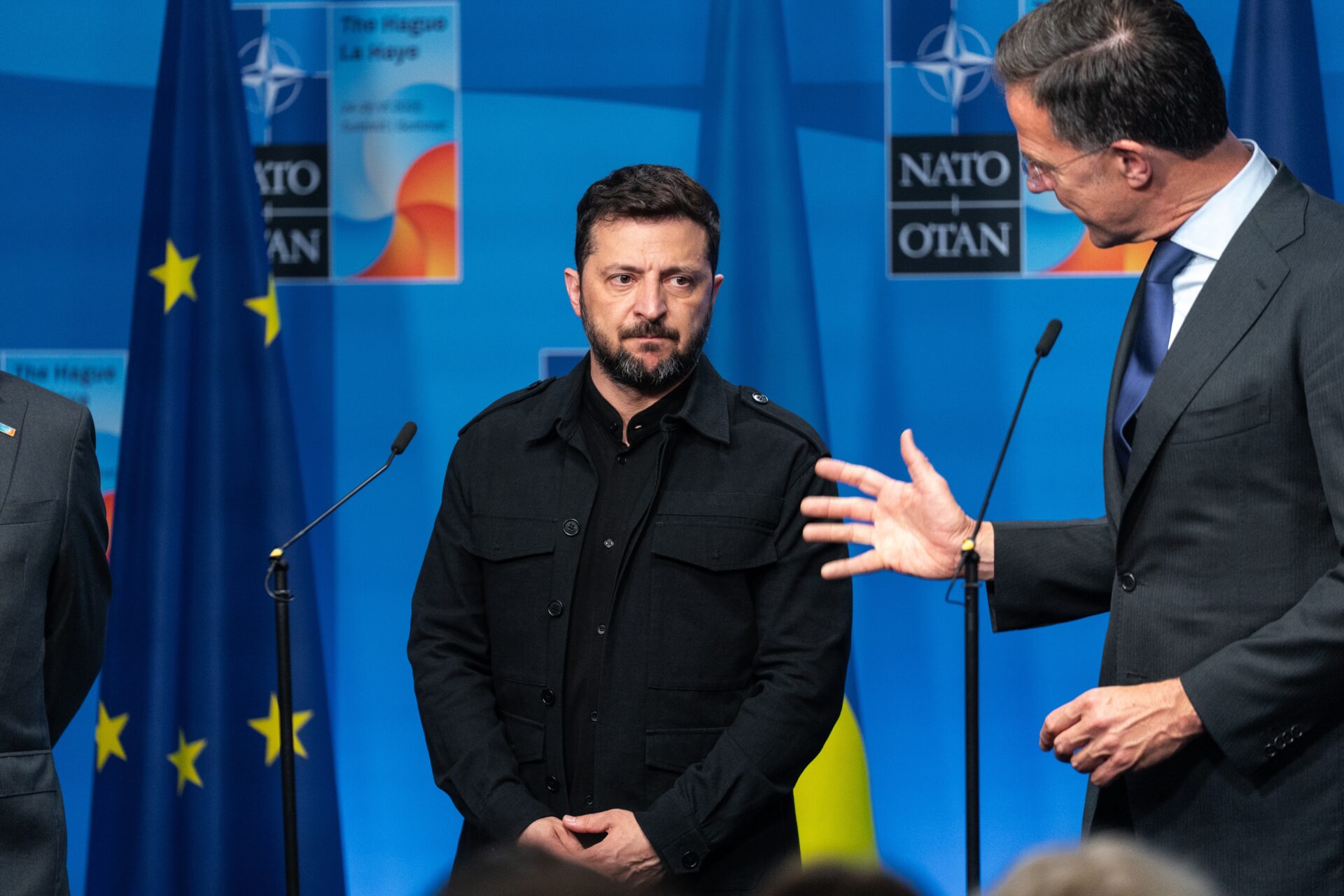
Ukraine War Becomes TECH LAB!
Ukraine’s defense accelerator Brave1 has drawn 45 international companies into its battlefield testing program, positioning the country as a proving ground for cutting-edge military technologies.
At a Glance
- Brave1’s “Test in Ukraine” program has received applications from 45 foreign firms
- The initiative provides a pathway to rapid deployment of battlefield technologies
- Ukraine seeks to integrate drones, AI systems, and digital warfare tools into combat
- Global defense startups view Ukraine as a live environment for operational validation
Warzone as Laboratory
Ukraine’s Brave1 initiative, created by the government to foster defense innovation, is expanding into a global collaboration hub. The “Test in Ukraine” program allows foreign companies to fast-track experimental technologies into active use on the battlefield, offering what no conventional proving ground can replicate: real-time combat conditions.
Since its launch, Brave1 has evaluated applications from 45 international firms, ranging from drone manufacturers to artificial intelligence developers. These firms are attracted by the prospect of gaining operational feedback that can only be collected under live-fire circumstances. For Ukraine, the benefit lies in harnessing international expertise to supplement its domestic defense sector, which has been stretched by over two years of conflict.
Watch now: Ukraine launches a program to test weapons on the battlefield · YouTube
Strategic Advantages
Ukraine’s defense ministry has stated that the program is designed to cut through bureaucratic hurdles that often slow innovation in military procurement. This approach allows approved technologies to reach troops more quickly, sometimes in weeks rather than months.
The areas of interest include small unmanned aerial vehicles, autonomous navigation systems, cyber defense platforms, and precision-guided munitions. For foreign firms, the opportunity is twofold: field validation in a high-intensity conflict and the potential for long-term procurement contracts with Ukraine’s armed forces and allied governments.
Risks and Repercussions
While the initiative accelerates technological uptake, it also raises concerns about intellectual property, export controls, and postwar proliferation. Technologies tested in Ukraine may later circulate beyond the conflict zone, complicating global arms regulation. Critics warn that the rapid introduction of untested systems could produce unpredictable battlefield outcomes, with both tactical advantages and unforeseen risks.
For Ukraine, the gamble reflects necessity. Facing a prolonged war, Kyiv sees innovation not just as an advantage but as a requirement for survival. Western governments and defense contractors are closely monitoring the results, viewing Ukraine as a bellwether for the future of technologically enabled warfare.
Sources
The War Zone
The Defense Post
Army Technology


